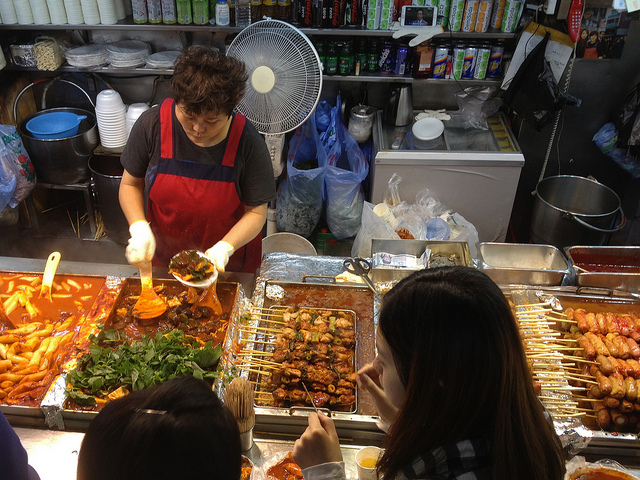The Peninsula
Efforts to Distribute the Cost of COVID-19 Lacks Focus

What Happened
- The ruling Democratic Party is developing a plan to incentivize big corporations to share part of their profits with entities that were heavily affected by COVID-19.
- The ruling party wants to promote voluntary participation through incentives such as tax benefits and administrative support.
- Some National Assembly delegates and policy commentators voiced their demand for more systemic challenges, not one-off redistribution of resources.
Implications: The Korean government’s plan to protect small and medium enterprises (SMEs) clashes with traditional notions of achieving economic growth through large corporations. Many SMEs were heavily affected by the economic downturn following the COVID-19 outbreak. Policymakers anticipate that this could have an adverse impact on the already-constrained jobs market because SMEs employ 82% of the labor force (as of 2017). Simultaneously, policymakers are also hesitant to directly transfer profits from larger corporations to these struggling firms via a tax or other tools. This indecision may stem from the role that large corporations play in bolstering overall national growth as flagship exporters. There is further concern that indecisiveness will lead to an ineffective policy.
Context: The government recently asked landlords to voluntarily reduce rents that SMEs are paying for commercial property. This also faced implementation challenges because many people invested in real estate with the expectation that rents might secure their retirement. The government also loosened labor laws to allow employees of SMEs to work beyond the 52-hour workweek limit. Here, critics pointed out that workers’ rights and safety might be compromised as the government looks to find spaces to help SMEs without compromising the competitiveness of larger firms and other commercial interests in the economy.
This briefing comes from Korea View, a weekly newsletter published by the Korea Economic Institute. Korea View aims to cover developments that reveal trends on the Korean Peninsula but receive little attention in the United States. If you would like to sign up, please find the online form here.
Korea View was edited by Yong Kwon with the help of Sophie Joo and Chris Lee. Picture from user istolethetv on Flickr.
